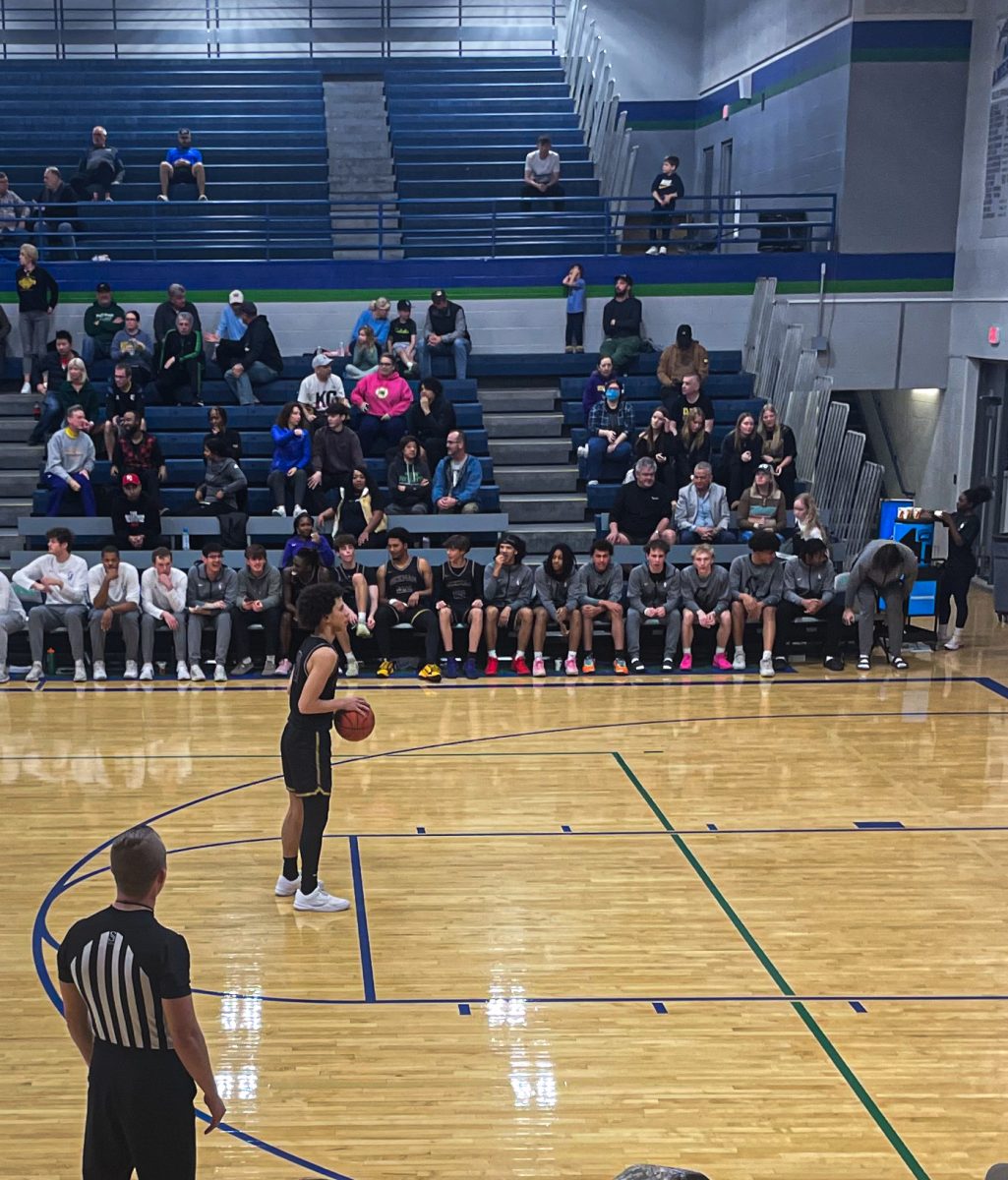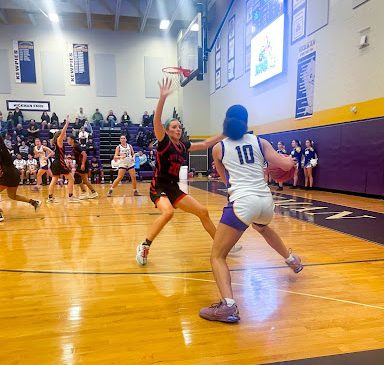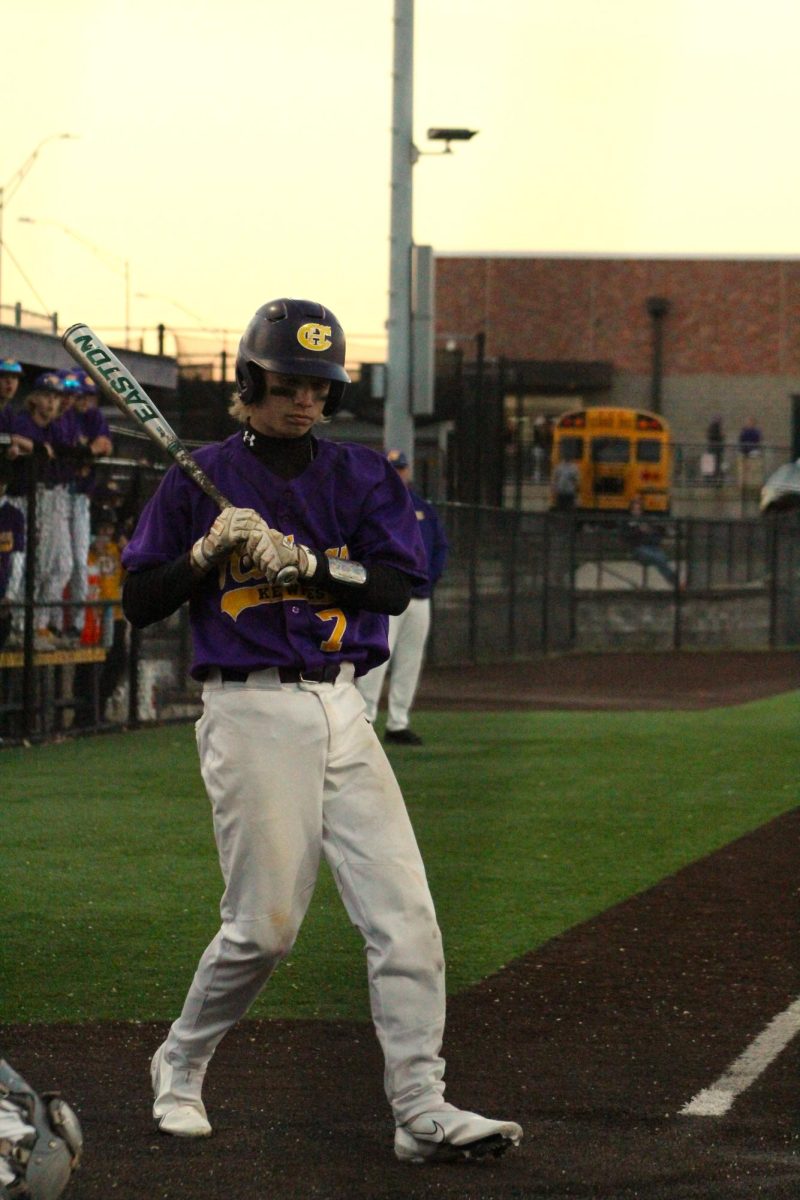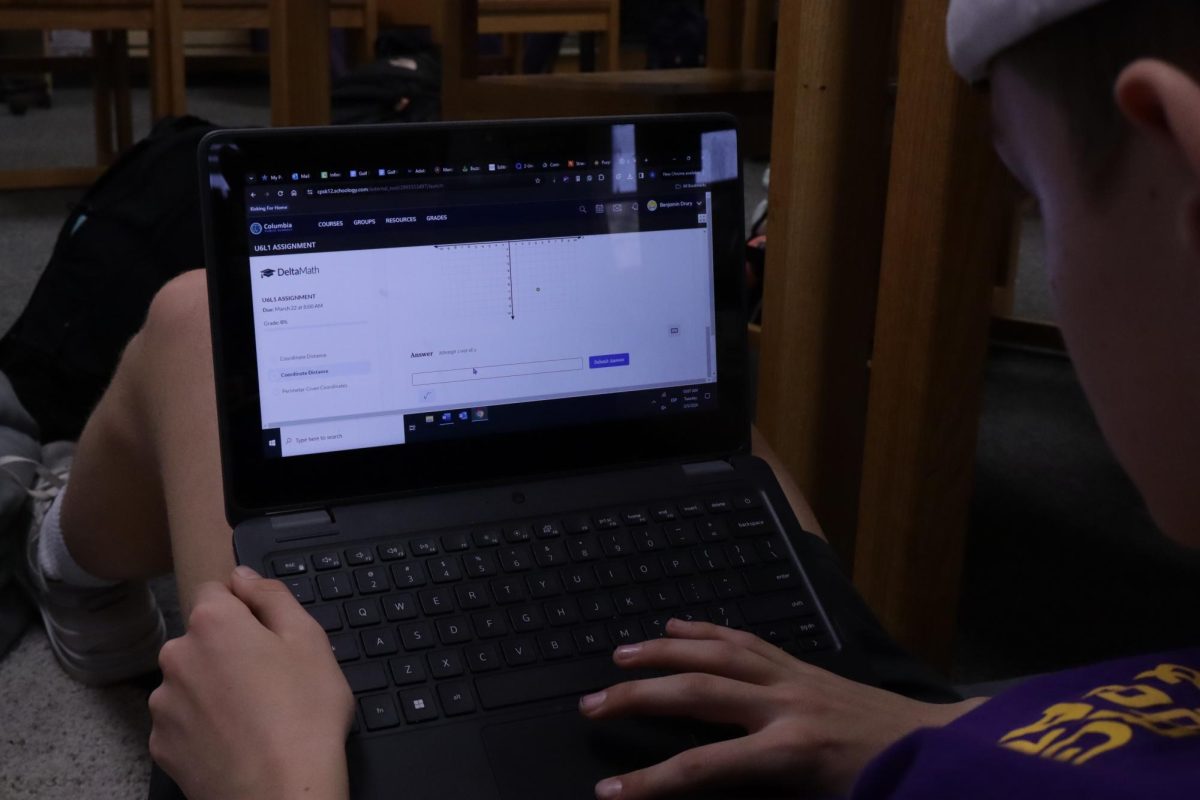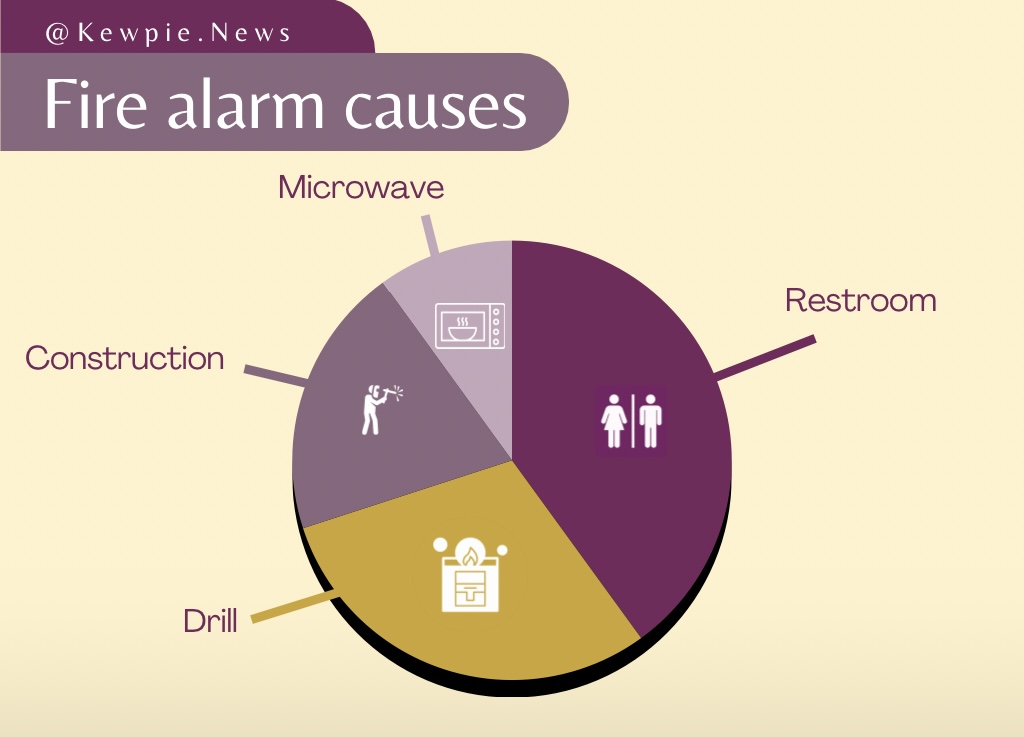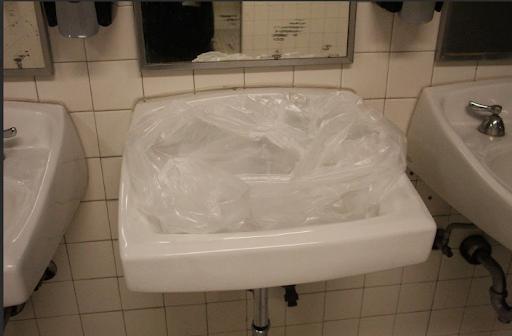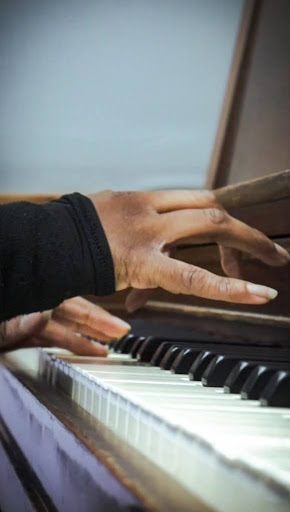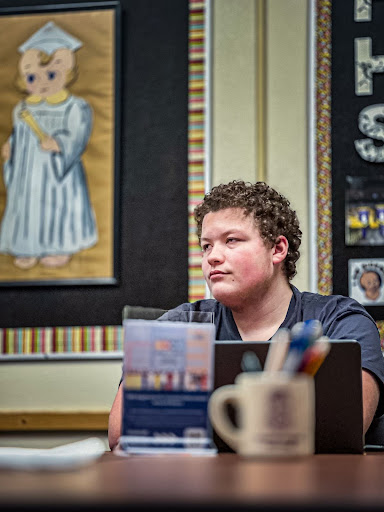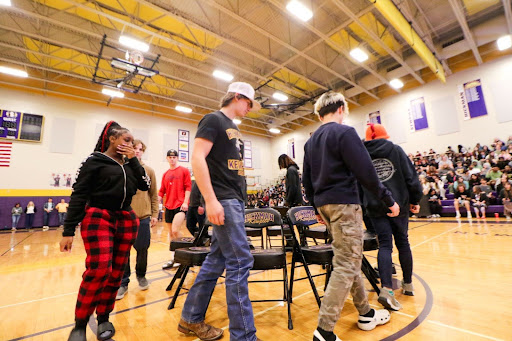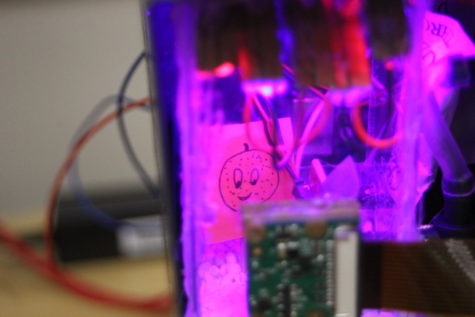Where’s My Water?
Some pointers to help keep students well-hydrated.
Dehydration among students may be a serious problem. In most homes in America, water is unlimited, and places to get it are everywhere, but as the saying goes, you can lead a horse to water, but you can’t make it drink.
According to most sources, high school students require at least two liters of water. For reference, that’s 8-10 medium sized glasses. According to the CDC, consumption of water, especially in place of sugary soft beverages, can help limit excess weight gain and prevent dental cavities. Additionally, drinking water helps students stay hydrated, focused, and ready to learn. These facts show how failing to drink enough water can greatly affect a student’s health and grades. This is why in 2010, the government made it required for schools to make free water available to students during meal times, where the meals are served.
Water isn’t just related to health and grades. So how do you make sure that you’re getting the water you need to keep up your in school performance? There are water fountains in almost every hallway, so use them to your advantage. If you play sports, it’s especially important that you drink even more water while you’re exercising. Some of these sports, like football or track, have mandatory water breaks after a set period of time. They also have water coolers and bottles available throughout the whole practice. These measures help protect players from dehydration. It’s also a good idea to do what most students do, and bring a water bottle to school and drink out of it throughout the day. According to coach Coffman, a water bottle is one of the best ways to get your water and to stay hydrated.
Now, what happens when you don’t get the 2 liters of water a day that you need? what are the long term effects of dehydration? One of the side effects is dizziness, which makes it hard to concentrate on the task at hand. Another effect dehydration does is decrease your attention span, which can cause other issues like getting in trouble in class due to not listening to the teacher. At its height, dehydration can cause intense sickness and make you vulnerable to heat strokes, causing you to miss school and lessons that you need attend to succeed in school. All these side effects can seem small at face value, but when you start to look at them with wider eyes, they start to have much bigger impacts. Some students know about the side effects of dehydration, and are wary of it.
“Dehydration could be a problem if it causes you to not pay attention in class or makes it hard to do so,” junior Gabe Price said.
Others are more confident in the school’s facility’s ability to stave back dehydration.
“I only drink when I’m thirsty,” freshman Patrick Breen said. “It’s not a big deal, because there’s water fountains all around.”
Among the students, there is a mixed assessed threat. Some kids think it’s not a problem, and others think that it could be a problem if kids are not proactive about their water drinking habits. Sports players have more to worry about with dehydration, as they require more water and have more at risk if they fail to get their water. Water bottles are a great way to stay hydrated, and failing to stay hydrated can have massive effects on your school and school performance. Make sure you get two liters of water every day, and you should be good.



